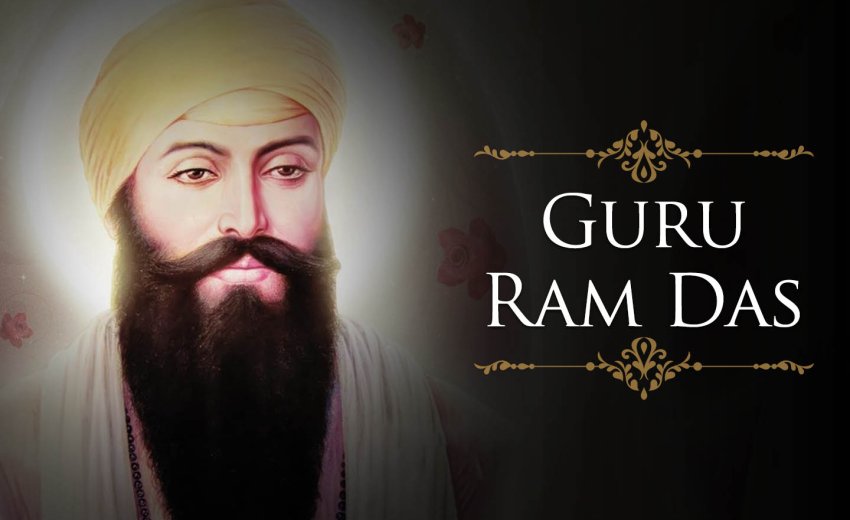
|
|||||||||||||||||||||||||||||||||||||||
|


Join The Global Sikhnet Sangat

When I think of Guru Ram Das, I often think about him as a miracle worker and a most compassionate Guru....

|
|||||||||||||||||||||||||||||||||||||||
|

Harijot Singh is a graduate of Miri Piri Academy. He serves as creator of SikhNet Stories. He has also authored several research pieces on Sikh history as well as offered encouraging messages through his articles.